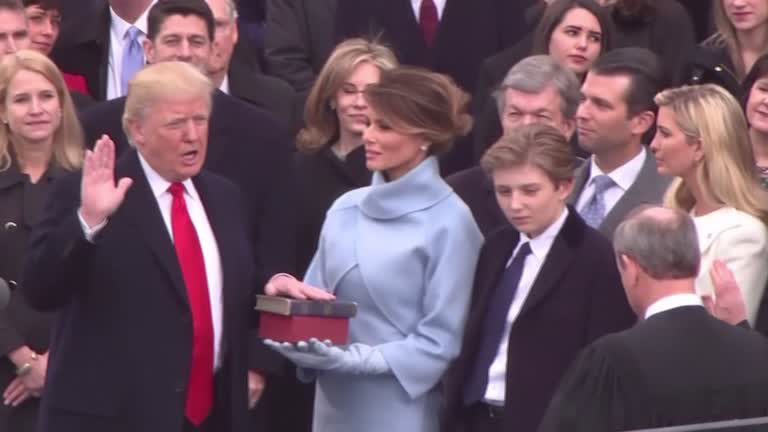Former U.S. President Donald Trump, who launched his 2024 presidential campaign late last year, may have to contend with multiple indictments as he tries to retake the White House.
Trump has already ...
You are not authorized to read this page without a username and password. It is time to register and subscribe to have unlimited access to everything The Chicago Inquirer has to offer. You can do a monthly, quarterly, six months or yearly subscription.
SUBSCRIBE NOW!!!
and enjoys unlimited access to news, analysis, archives, sports, culture, interviews, and many more.
Not a member? Subscribe or login below:



